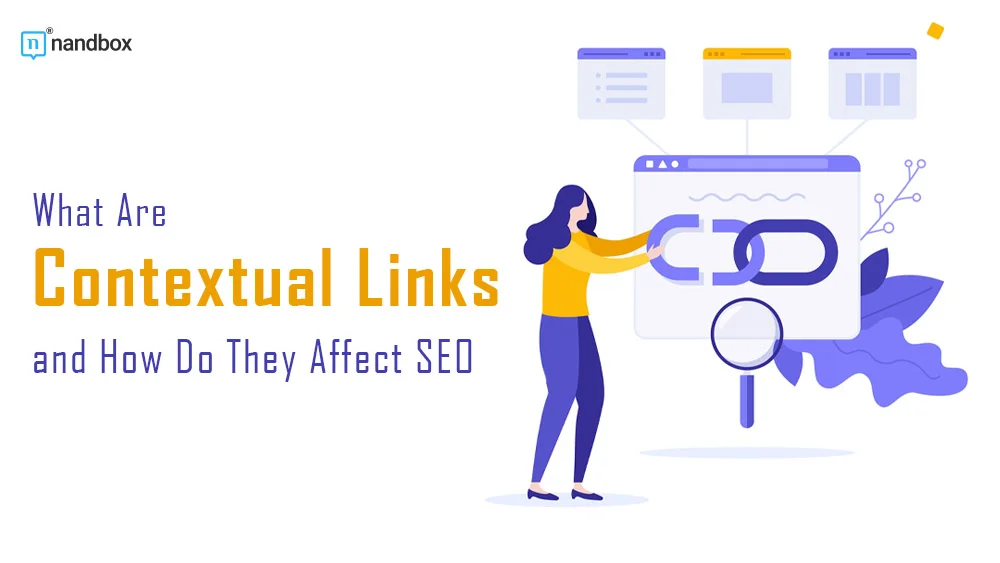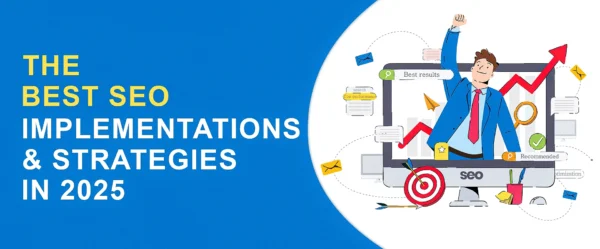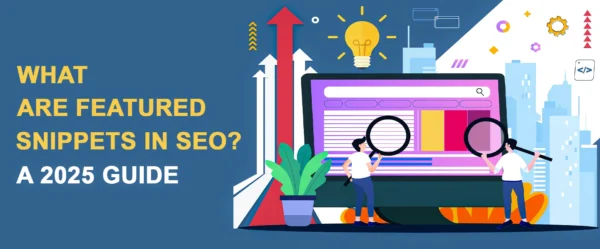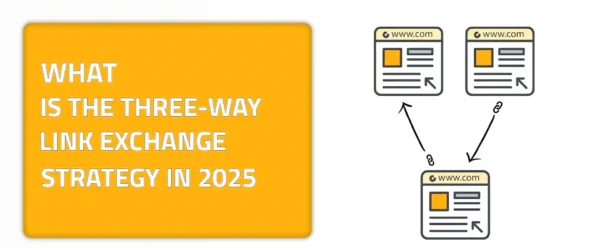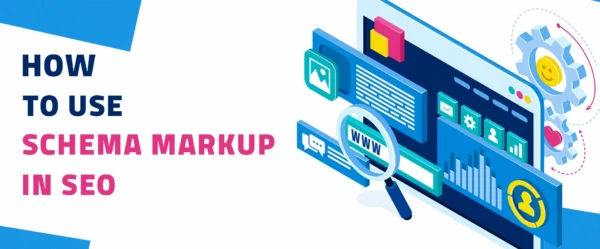It is of great importance that your business platform rank on Google if you want people to get to know what you offer and what services you provide. However, Google will allow you to rank if your links are of high value. The weight of Google’s own grudge against low-value links is one that you would definitely love to avoid. Enter contextual links to save the day and help you determine the “context” in which your links or general links appear.
Relevancy is what defines contextual links. There are many pros and cons to certain links in link building. Additionally, link building itself has its own pros and cons for your marketing. Fear nothing, though. In this little guide of mine, I’ll explain all there is to know about contextual links and their impact on your SEO. That is because the effect of anything that you add to your marketing strategy is of great importance for you to understand fully. Dive head-in with us in this guide and get to know how contextual links affect your SEO and what they are exactly.
Contextual Links: A Quick Overview of What They Are
This is one term that refers to inbound links that refer to a URL that is relevant to the content that you’re linking to or one in which links appear when you search for them. A contextual link is one that provides a “contextual” sense between readers, link acquirers, and search engines. Let me give you a little explanatory example here: Sometimes, when you’re writing an article, you link it to a source in order to provide your readers with additional context for what you’re referring to.
That, my dear reader, is a contextual link. These are types of links that actually do add value and shouldn’t be a distraction in your piece. They are the ones that you insert in a sentence for readers to click on and check out more regarding whatever you’re referring to. You should also make sure that contextual links are relevant and have a great flow with the content that you’re writing. Do not mistake contextual links with anchor texts, though! Let me tell you the difference between both of them in order to enlighten you.
Contextual Links and Anchor Texts: What Is the Difference Between Them?
Contextual links are the ones that you define by the surrounding text, unlike anchor text, which is the clickable part of the link that you insert. It is possible for the anchor text of a link to be associated with the domain that it is directing to; however, if it is encircled by content that is otherwise irrelevant, then the link fails to comply with the criteria for being considered a contextual link.
Are Contextual Links a Google Factor For Ranking?
It is said that Google’s ranking forms are not the easiest to figure out, but whether or not they are an actual ranking factor still remains a mystery for some people. To solve this dilemma, I did extensive research and found out that most forms of hyperlinks are indeed factors in ranking on Google. The links you insert as contextual are considered hyperlinks that you have within the body of your content and are of relevance to the content that you write. Google’s algorithms are trained to use these links to understand how they sync in context.
Ways to Build Contextual Links That Will Boost Your SEO
There are several ways that you can build contextual links. I know that it might be a little bit of an intimidating process. A lot of people are afraid that Google won’t accept their links due to low-value and toxic ones. That is why I advise you to proceed with your link-building strategy with caution in order to make sure that your links are clean. Here are some of the ways that you can build contextual links that will boost your SEO efficiently:
Reach Out to Content Creators
You can utilize different platforms that can help you build trusted contextual links. That is because any platform that offers valuable content and trusted networking is one that can lend you a helping hand and help you drive great organic traffic. Reaching out to content creators is one way that could help you speed up the process. With that said, you can leverage different connection channels or domains, like LinkedIn and Hubspot, for example, in order to get to know content creators that are creating relevant content for yours.
Content creators all over the world are those who seek information and tend to search Google and other search engines and social media platforms in order to find what they’re looking for. That is why you’ll find them literally everywhere. Do your extensive research, make sure you don’t miss any domains or platforms, and connect for a much more efficient contextual link-building process.
Don’t Just Settle For Anyone, Network, or Platform
Do your interviews with people. Understand what they’re offering and research their domains in order to determine if they have clean links or not. Check out their domain authority and don’t simply settle for anything. Your interviews don’t have to be face-to-face or in video form. Understanding people and knowing if they’re being honest with what they’re selling or offering is something that you can do without seeing them.
Inquiries and questions will get you where you want to be. You can ask people about their domains, the methods by which they generated highly valuable contextual links, and their vision of link-building. You can simply record this process in writing. This is one of the most effective ways to acquire contextual links that will help your domain or business thrive.
Create Content That Makes a Market Noise
Positioning your blog or platform is something that you can do in order to attract people who will link to your domain. Creating newsworthy content will help you cause market noise that will be audible enough for people to notice you. Newsworthy doesn’t mean content that is related to news only. No, that is not my point.
Newsworthy content is one that people will highly engage with and that will allow you to have a better exposure rate in the market that is relevant to your business. This type of content creation will help people know you and if you link your content to trusted and known news platforms of relevance, your engagement will increase, which will cause Google to rank you!
Final Thoughts!
By now, you must know the importance that contextual links pose and how effective they are for your SEO. They can help you gain higher domain authority through better domain engagement and increased market exposure. If you don’t know where to start in your contextual link-building journey, you can check out our Link Exchange domain, linkexchange.ai, and take your first step towards a platform that will connect you to trustworthy platforms with a very high rate of domain authority. Sign up now and begin your voyage!


